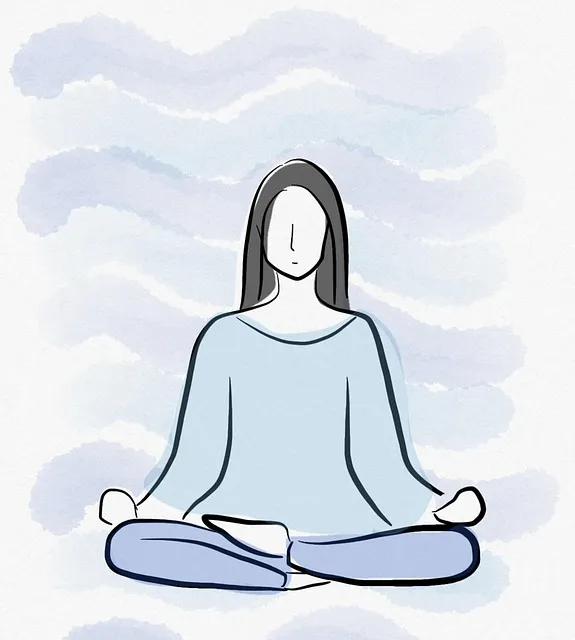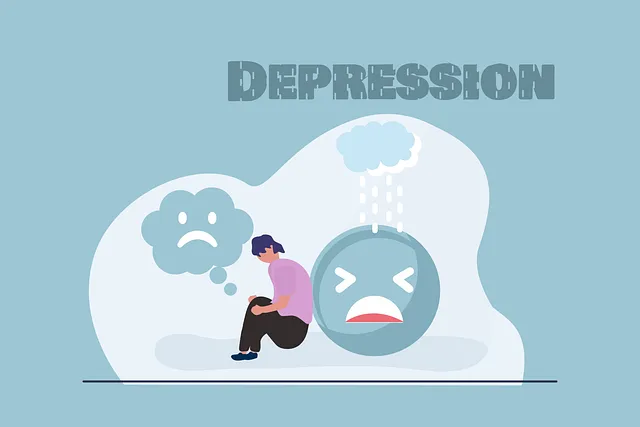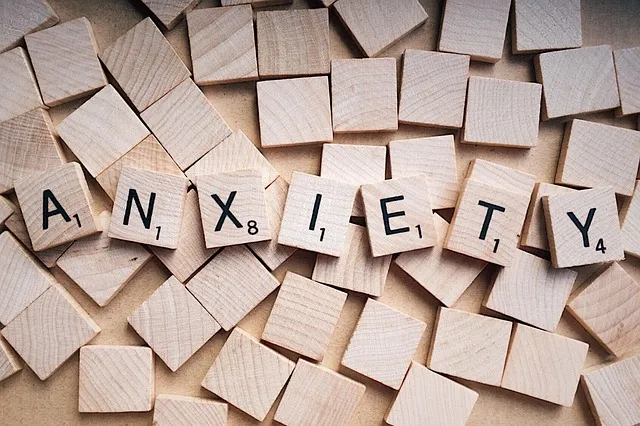The Centennial Kaiser Permanente psychiatry reviews consistently emphasize self-care as a cornerstone of overall health and well-being, highlighting its importance in preventing burnout and managing stress. They advocate for personalized self-care strategies tailored to individual needs, such as mindfulness, physical activity, and quality sleep hygiene, integrated into daily routines. Regular tracking through journaling or apps helps assess progress and adapt self-care plans as life circumstances change, ensuring ongoing mental wellness.
“Enhance your well-being with the expert insights from a Centennial Kaiser Permanente psychiatry review, delving into self-care practices. This comprehensive guide explores the significance of self-care for overall mental health and longevity. From understanding personal needs to implementing effective strategies, you’ll learn how to prioritize self-care for lasting results. Track progress, adjust, and cultivate a lifelong practice that fosters resilience and balance. Embrace a transformative journey towards optimal well-being.”
- Understanding the Importance of Self-Care: A Centennial Kaiser Permanente Psychiatry Perspective
- Identifying Personal Self-Care Needs and Priorities
- Implementing Effective Self-Care Strategies for Lasting Well-being
- Tracking Progress and Adjusting: Cultivating a Lifelong Self-Care Practice
Understanding the Importance of Self-Care: A Centennial Kaiser Permanente Psychiatry Perspective

At Centennial Kaiser Permanente, psychiatry reviews consistently highlight the profound impact of self-care on overall health and well-being. Understanding its importance is a cornerstone in promoting emotional resilience and combating the relentless demands of modern life. Self-care isn’t just a trend; it’s an essential practice for maintaining mental balance and preventing burnout.
By prioritizing self-care, individuals can enhance their ability to manage stress effectively. This involves adopting various strategies such as practicing mindfulness techniques, engaging in regular physical activity, and cultivating healthy communication strategies. Through these means, one can foster emotional well-being promotion techniques that strengthen their mental fortress against life’s challenges.
Identifying Personal Self-Care Needs and Priorities

Identifying your personal self-care needs is a crucial first step on your journey to improved well-being. It’s unique to each individual, shaped by factors like lifestyle, work demands, and personal history. At Kaiser Permanente, our psychiatry reviews often highlight the importance of recognizing these distinct needs. For instance, a healthcare provider may prioritize stress management workshops to combat job-related burnout, while someone with a demanding family life might focus on building resilience through mindfulness practices.
This process involves introspecting and being honest about what rejuvenates you and what drains your energy. Prioritizing self-care means setting aside dedicated time for activities that nurture your mental, physical, and emotional health. Remember, the Stress Management Workshops Organization and other initiatives like burnout prevention strategies for healthcare providers are valuable resources that can guide you in this process, ensuring you develop a personalized and effective self-care plan.
Implementing Effective Self-Care Strategies for Lasting Well-being

Implementing effective self-care strategies is key to achieving and maintaining lasting well-being. It’s not just about taking breaks or indulging in occasional pampering; it involves integrating healthy habits into your daily routine. At Kaiser Permanente, our psychiatry reviews highlight the importance of holistic care, emphasizing mental health alongside physical wellness. This includes fostering emotional intelligence—the ability to recognize and manage your emotions effectively—which can significantly boost self-esteem and resilience.
Self-care isn’t a luxury; it’s a necessity for navigating life’s challenges. Through practices like mindfulness meditation, regular exercise, and quality sleep hygiene, you can enhance your mental wellness coaching programs development. These strategies empower you to better cope with stress, anxiety, and depression, fostering a deeper sense of balance and contentment. Remember, investing in your well-being today paves the way for a more fulfilling tomorrow, as advocated by Centennial Kaiser Permanente psychiatry reviews.
Tracking Progress and Adjusting: Cultivating a Lifelong Self-Care Practice

Tracking your self-care journey is an essential step in cultivating a lifelong practice. Similar to how Centennial Kaiser Permanente psychiatry reviews assess and guide patients’ mental health, regularly evaluating your own well-being allows for personalized adjustments. Keep a journal or use apps that track mood management and mental wellness to identify patterns and triggers. This data helps you understand what self-care practices resonate best with your unique needs.
Over time, life circumstances change, and so do our requirements for optimal mental health. Just as communication strategies evolve in relationships, your self-care routine should adapt accordingly. Be open to adjusting your practices based on progress (or lack thereof) and feedback from your body and mind. This iterative process ensures that you remain engaged with your well-being journey, continually enhancing your ability to manage mood and foster mental wellness.
Self-care is not just a trend but a necessary practice for maintaining long-term mental and physical well-being, as highlighted by the comprehensive insights from Centennial Kaiser Permanente psychiatry experts. By understanding our unique self-care needs, prioritizing activities that nurture us, and implementing effective strategies, we can foster a lifelong practice of self-nurture. Regularly tracking progress and adjusting our approach ensures continuous growth in this essential journey towards holistic health, as encouraged by the insightful reviews from Centennial Kaiser Permanente’s esteemed psychiatrists.






